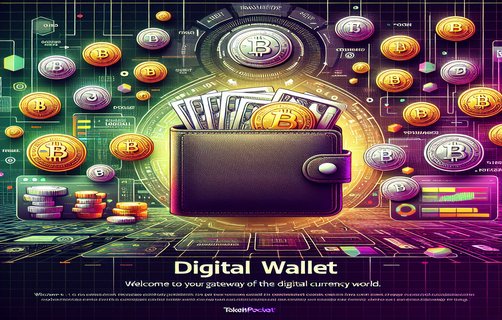The Future of Blockchain: Integrating Advanced Technologies for Seamless Transactions
In the rapidly evolving landscape of blockchain technology, a multitude of advancements such as sharding, sophisticated trading services, global monitoring, digital identity verification, and advanced technology architecture are shaping the future of secure and efficient transactions. This article delves deep into these innovative components, providing a systematic examination of their roles in the modern digital economy.
**Understanding Sharding Technology**
At its core, sharding enhances blockchain scalability by dividing the network into smaller, manageable pieces called shards. Each shard processes its own transactions and smart contracts, thus alleviating the burdens on the main chain. By performing parallel processing, sharding improves transaction speeds significantly. This capability is crucial for handling the plethora of transactions in advanced trading platforms where milliseconds can influence market outcomes.

**Advanced Trading Services**

The financial markets are increasingly adopting digital assets. Advanced trading services leverage algorithms and AI to facilitate real-time decision-making and optimize trades. These services must integrate seamlessly with sharded networks to access data efficiently and ensure a smooth trading experience. The amalgamation of these technologies allows traders to execute high-volume trades at lightning speed, ultimately benefiting from micro-fluctuations in asset prices.
**Global Monitoring Systems**
As digital transactions transcend borders, global monitoring systems are essential for ensuring compliance with regulations and fostering trust. Such systems utilize blockchain's transparency and immutability to provide real-time auditing capabilities. They can detect fraudulent activities and mitigate risks, facilitating a safer trading environment that is imperative in today’s interconnected economy.
**Digital Identity Technologies**
Digital identity solutions play a pivotal role in securing transactions in a decentralized ecosystem. By utilizing blockchain to create immutable digital identities, users can authenticate their transactions without compromising privacy. This technology not only enhances security but also enables compliance with KYC (Know Your Customer) regulations, easing the onboarding process for myriad users across diverse financial platforms.
**Advanced Technology Architecture**
A cutting-edge technology architecture is vital for the integration of these complex systems. Incorporating decentralized protocols and microservices allows for flexibility and resilience in responding to the dynamic needs of the blockchain environment. An architecture that supports interoperability between various blockchain networks fosters a unified trading experience across platforms.
**Evaluating the Tech Landscape**
As we analyze these advanced technologies, it is vital to consider how they collectively shape the future of digital transactions. The convergence of sharding, global monitoring, and digital identities will not only enhance efficiency but also build a more secure financial infrastructure.
**Conclusion**
In conclusion, the integration of these advanced technologies heralds a new era of digital transactions that promise enhanced scalability, security, and user experience. As the blockchain ecosystem matures, embracing these innovations will be crucial for businesses aiming to remain competitive in the digital age. The thoughtful adoption and evolution of these technologies underscore the transformative potential of blockchain in our global economy.
